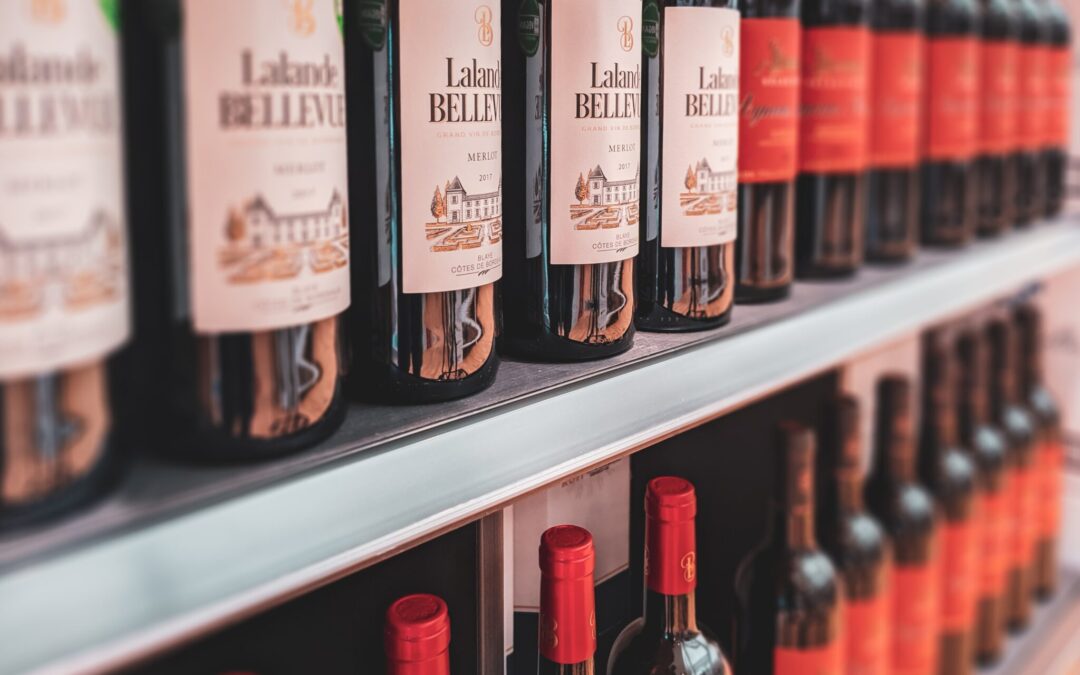When social connections and travel are not allowed due to a pandemic or limited, and fears for the future begin to build, many people may unconsciously turn to alcohol for a sense of temporary relief or escape during this difficult time. But when the days turn into months, are you aware of your drinking habits?
What changes have you noticed in your drinking?
Have you unintentionally turned your drinking into a daily ritual? Are you feeling more anxiety than usual? Do you get angry more often over nothing? Are you having more trouble setting priorities and focusing? And do you notice that you have more discomfort and physical and bodily changes that you didn’t have before?
We think that alcohol offers us a quick escape from our worries, that it makes us feel better and that it will relax us, but it is a proven depressant. As time passes, the body becomes accustomed to the de-stressing effects of alcohol, and anxiety and stress become harder to manage. So we fall into a vicious circle. And without realizing it we become addicted to alcohol and this can unfortunately become uncontrollable. This is very heavy and destabilizing.
Tips for changing your drinking habits
- Drink water if you are thirsty. Alcohol does not quench thirst. It is rather the opposite.
- Before you drink alcohol, eat something.
- Preferably, drink from a glass rather than a bottle. We drink more from the bottle because we see the bottom coming up less quickly!
- Alternate your alcoholic drinks with non-alcoholic beverages.
- Give yourself a maximum number of drinks not to exceed. You can also set a time to stop drinking.
- Do not mix different kinds of alcohol.
- If you are stressed, tired or preoccupied, don’t automatically drink alcohol.
- When you go to a restaurant, also order water if you like to accompany your dish with a glass of wine.
In Public
You may have a loved one who you suspect has unhealthy drinking habits. Here are some tips for “watching” others.
- Don’t force someone to drink if they don’t want to.
- Always have a supply of non-alcoholic beverages on hand for a party or visit.
- Warn each other if you see drinking (and especially the effects of drinking) starting to cross the line. If someone starts to “overdo it,” don’t encourage them to drink more.
- If you’re going out, agree beforehand on who will stay sober and drive the others home. Or arrange for a cab ride home.
- Take the trouble to try non-alcoholic cocktails.
No matter what your current situation is, be assured that you are not alone. CSMQ is here to help and accompany you. We will coach you every step of the way to getting back in shape! Make an appointment with one of our mental health professionals today!

